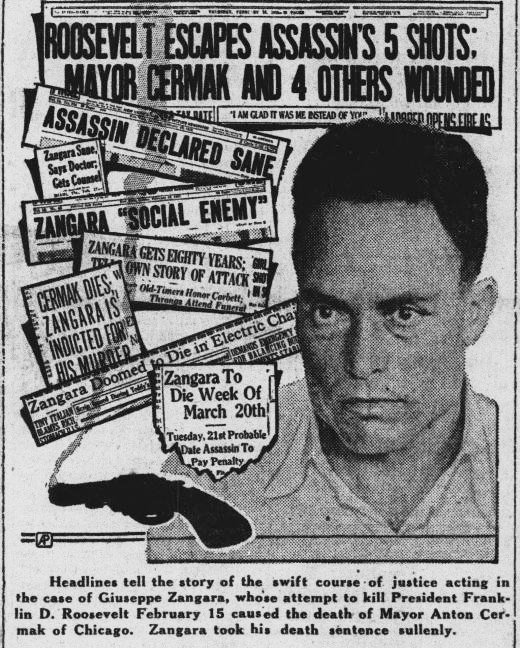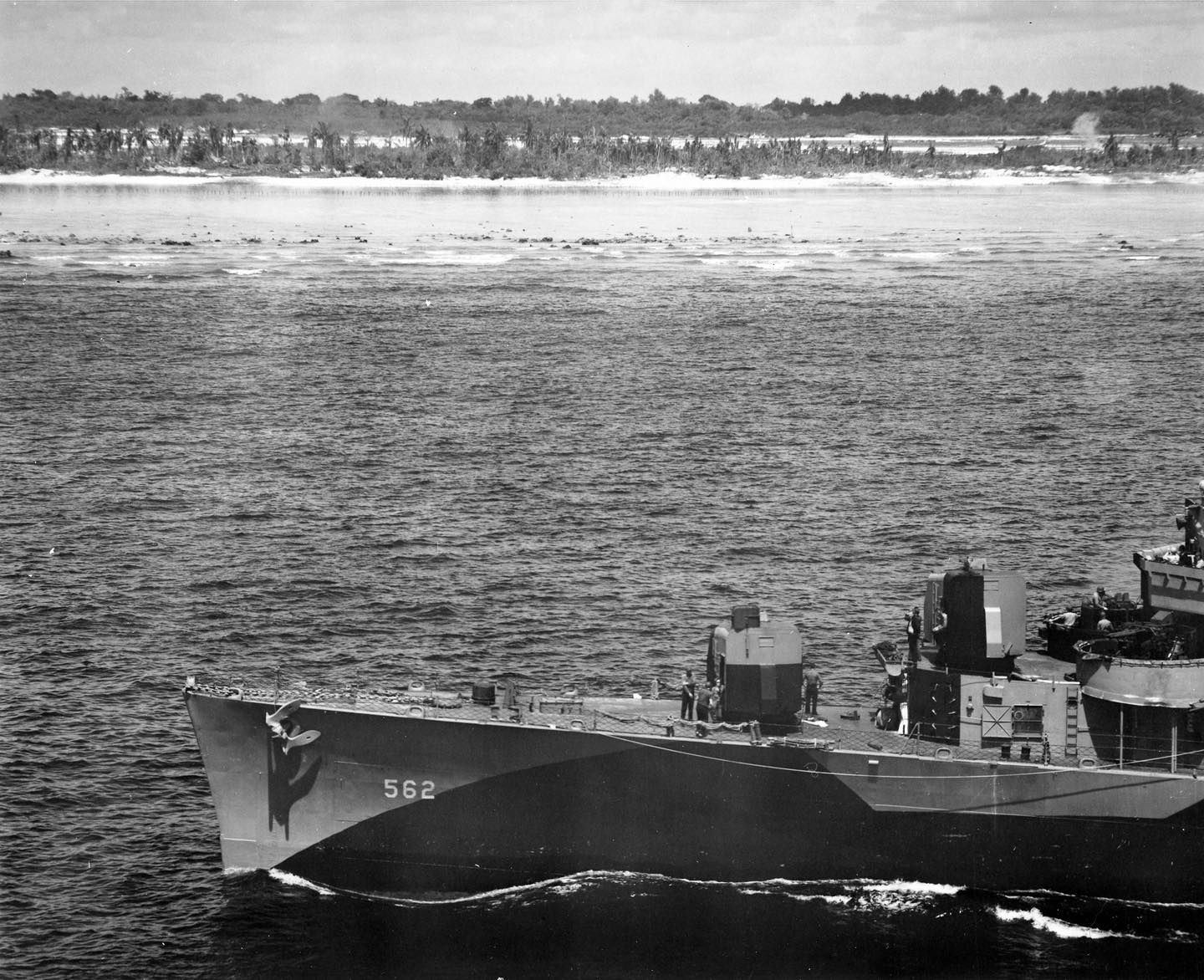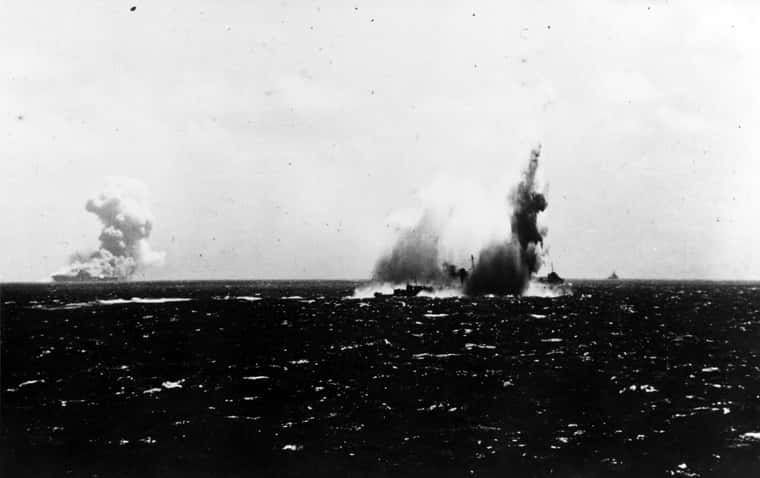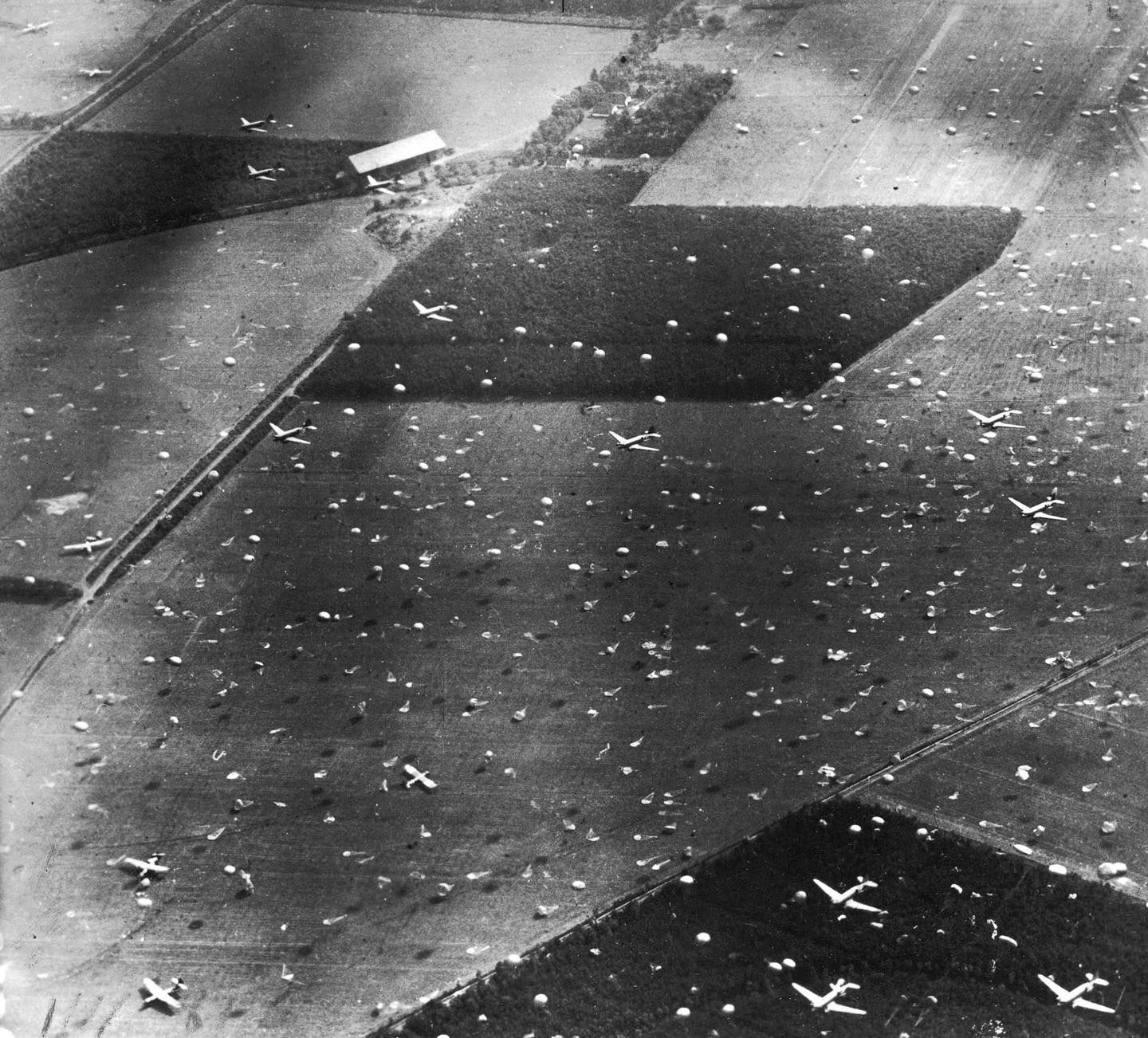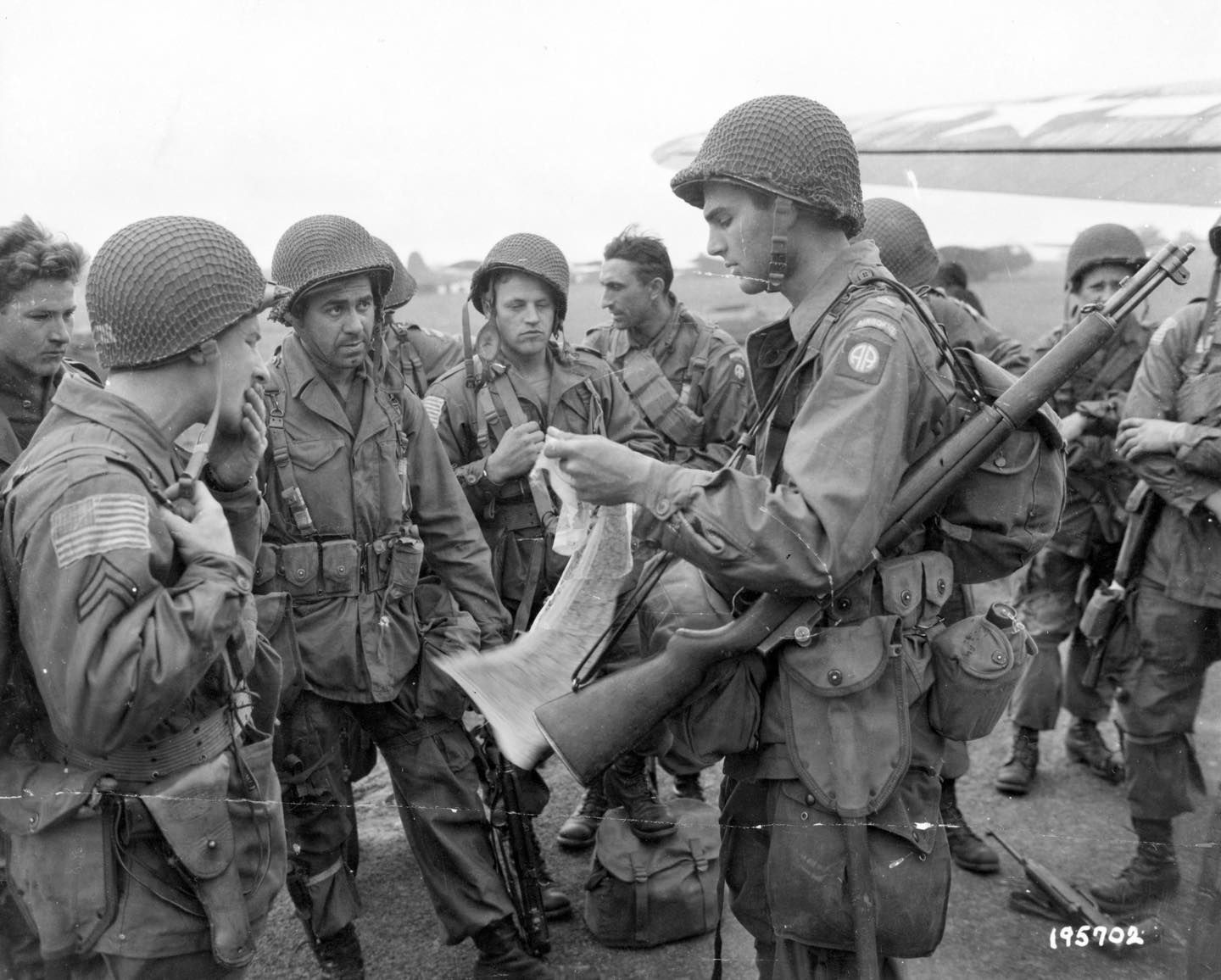@Gargantua:
I saw a documentary one time, that discussed the halt order.
The conclusion was that it was to do with the power dynamic of who was in charge of the Wehrmacht. Hitler, or the High command.
The Dunkirk thing basically became a pissing match between the two parties, with Hitler winning the “halt” order, and exerting his will over total command. At least… that was the opinion of the documentary, and I don’t know remember what the dynamics behind why Hitler wanted the halt order were, and why the Wehrmacht forces didn’t.
My impression–and I could be wrong–is that a large portion of the German general staff wanted the halt order. However, its most able, creative, aggressive generals–such as von Manstein–were strongly against the halt order.
Maybe the scale of the evacuation came as a surprise to many. On the other hand, it was common knowledge that Britain was a sea power with plenty of boats in or near the English Channel, so the idea that the soldiers might be evacuated should not have been a surprise. Perhaps more importantly, those Allied soldiers were on the run. The halt order gave them time to regroup, assume defensive positions, and to become a much harder nut to crack.
Von Manstein wrote that there are times when very important–but very fleeting–opportunities present themselves. When such is the case, it is often necessary to push soldiers to the absolute limits of human endurance. While this may seem cruel, seizing the opportunity in question is absolutely necessary to save your own soldiers’ lives.
The halt order was one of the two most important deviations from von Manstein’s original plan to conquer France. (Both deviations occurred over his objections.) The other deviation was that von Manstein had wanted to proceed to phase 2 (the conquest of Paris) even before having completed phase 1 (the encirclement and destruction of the BEF and nearby French forces).
You will recall that after the Germans reached the Channel, the French counterattacked from the south. Von Manstein didn’t want Germany to sit around waiting for that counterattack. Instead, he wanted to attack the French in their assembly areas, before they were ready to strike. That German attack would have secured the German path to the Channel, while also constituting the first part of phase 2.

